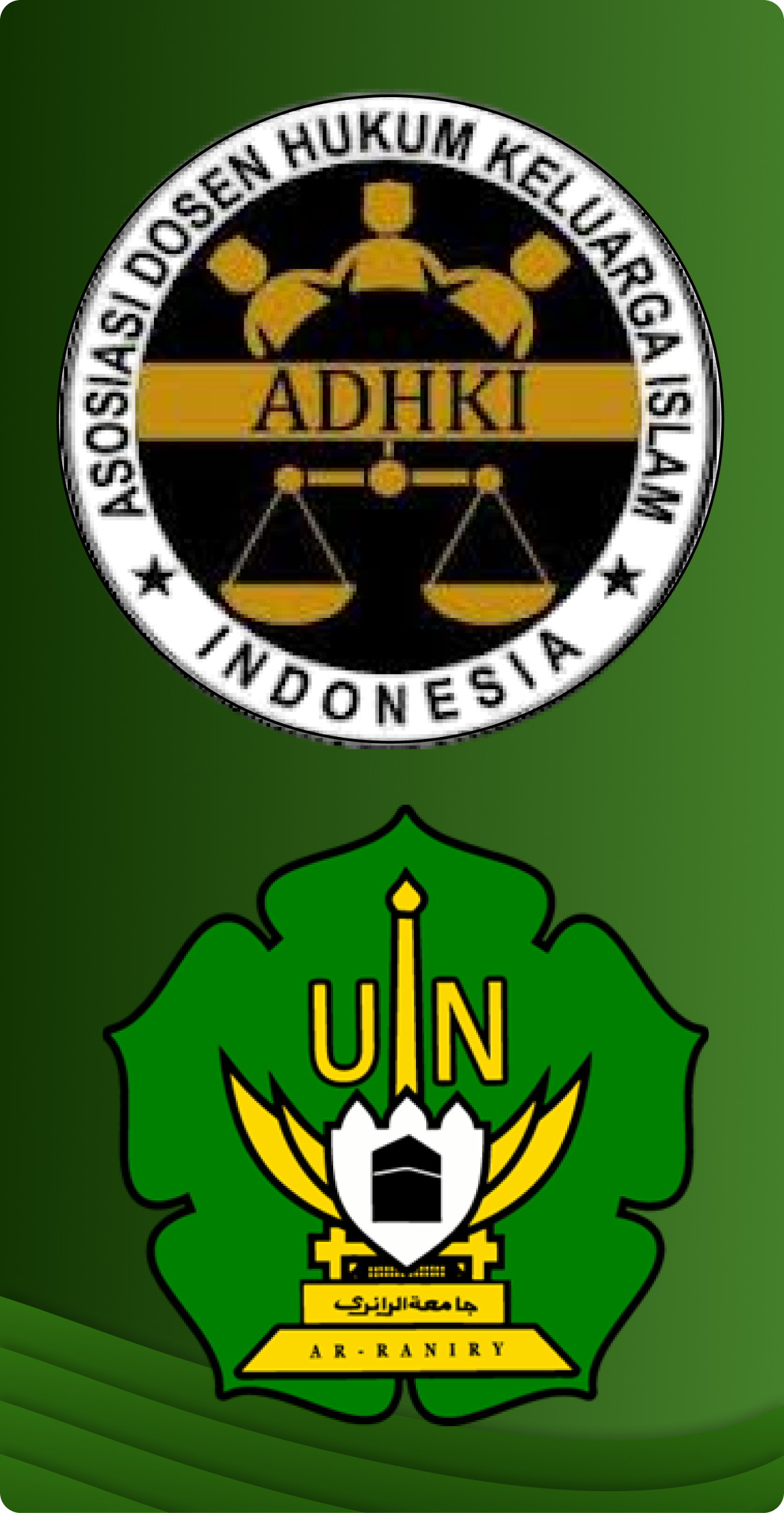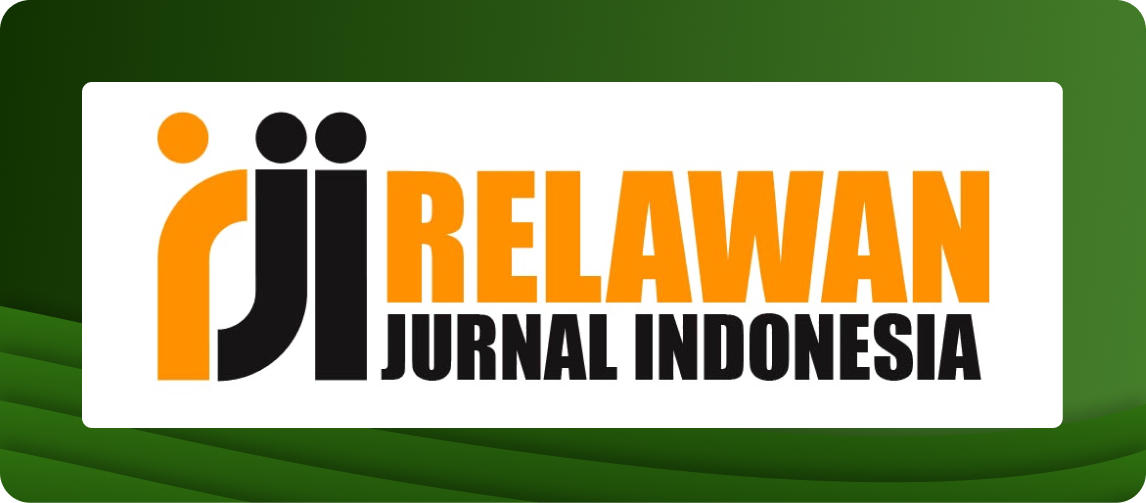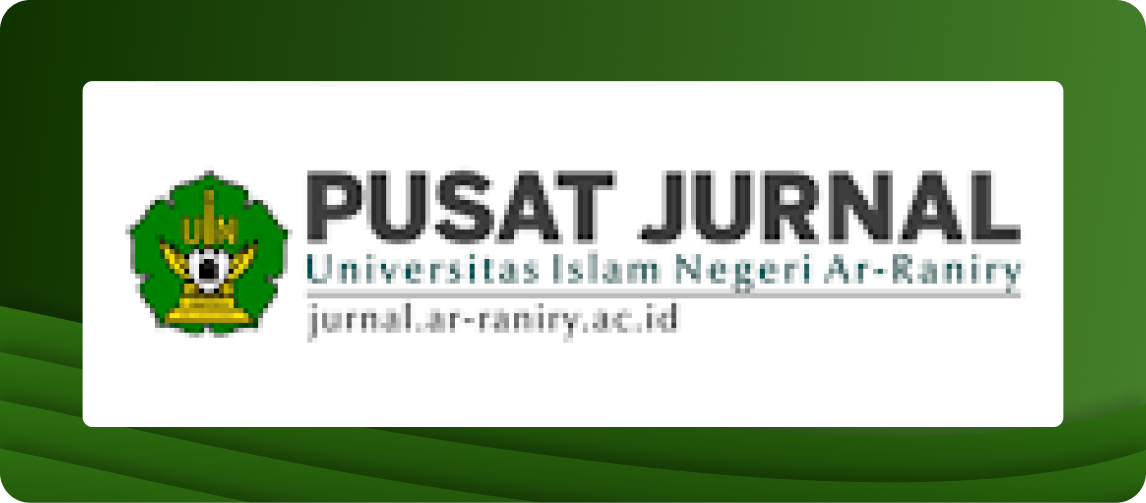Integrating Islamic Economic Principles into Green Campus Implementation
Empirical Evidence from Indonesia Universities
DOI:
https://doi.org/10.22373/4a9y5n69Keywords:
Green Campus Initiatives, Khalifah, Maslahah, Sustainability, WasatiyyahAbstract
This study aims to describe the implementation of green campus initiatives at universities in Indonesia, with particular emphasis on how islamic economic principles can further support environmental sustainability. Using the national level UI GreenMetric World University Rankings in the category of Most Sustainable University, three universities were selected as researh samples. This field research employed interviews and documentation from sustainability reports and official university websites. The implementation of the green campus was measured using four key instruments: Environmental Awareness, Environmental Involvement, Environmental Reporting, and Environmental Auditing. The findings indicate that all three universities have implemented the stages of environmental awareness, involvement, and reporting, but have not fully implemented environmental auditing. Participation in the UI GreenMetric reflects increasing awareness of sustainability issues among universities and their surrounding communities. Notably, University X demonstrated the highest level of implementation across the four green campus indicators. Futhermore, islamic economic principles such as moderation (wasatiyyah), stewardship (khalifah), and social responsibility (maslahah) offer an ethical and moral foundation to strengthen sustainability efforts in islamic universities. These principles promote the responsible use of resources, discourage wastefulness (israf), and encourage equity in resource management. Legitimacy theory supports the notion that organizations must align with societal and environmental value systems, as greater responsibility towards the environment enhances their reputation and public trust. Therefore, integrating islamic economic values into green campus initiatives not only aligns with global sustainability practices but also positions universities as ethical leaders in promoting environmental consciousness
References
Journal and Books
Ahadis, Hamartoni, Wan Abbas Zakaria, Irwan Sukri Banuwa, and Lindrianasari. “Mining Regulation and It’s Impact on Public Welfare.” Geomate Journal 19, no. 72 (2021). https://geomatejournal.com/geomate/article/view/1158.
Ahmed, Habib. “Maqasid Al-Shari’ah and Islamic Financial Products: A Framework for Assessment.” ISRA: International Journal of Islamic Finance 3, no. 1 (2011). https://durham-repository.worktribe.com/output/1505646.
An, Yi, Howard Davey, and Harun Harun. “Sustainability Reporting at a New Zealand Public University: A Longitudinal Analysis.” Sustainability 9, no. 9 (2017). https://doi.org/10.3390/su9091529.
Auda, Jasser. Maqāsid Al-Sharī`ah: A Beginner’s Guide. London-Washington: International Institute of Islamic Thought (IIIT), 2008.
Blissman, Beth. Review of Review of Religion and the Order of Nature, by Seyyed H. Nasr. Review of Religious Research 40, no. 2 (1998). https://doi.org/10.2307/3512305.
Chapra, Muhammad Umer. The Future of Economics: An Islamic Perspective. Leicester: The Islamic Foundation, 2000.
———. The Islamic Vision of Development in the Light of Maqasid Al-Shari’ah. Occasional Papers Series 15. London - Washington: The International Institute Of Islamic Thought, 2008.
Chen, Shu-Hsiang, Jaitip Nasongkhla, and J. Ana Donaldson. “University Social Responsibility (USR): Identifying an Ethical Foundation within Higher Education Institutions.” Turkish Online Journal of Educational Technology 14, no. 4 (2015). https://eric.ed.gov/?id=EJ1077652.
Dagilienė, Lina, and Violeta Mykolaitienė. “Disclosure of Social Responsibility in Annual Performance Reports of Universities.” Procedia - Social and Behavioral Sciences, 20th International Scientific Conference “Economics and Management 2015 (ICEM-2015),” 213 (2015). https://doi.org/10.1016/j.sbspro.2015.11.454.
Dunk, Alan S. “Product Quality, Environmental Accounting and Quality Performance.” Accounting, Auditing & Accountability Journal 15, no. 5 (2002). https://doi.org/10.1108/09513570210448975.
Dusuki, Asyraf Wajdi, and Nurdianawati Irwani Abdullah. “Maqasid Al-Shari`ah, Maslahah, and Corporate Social Responsibility.” American Journal of Islam and Society 41, no. 1 (2007). https://doi.org/10.35632/ajis.v41i1.3417.
———. “Maqasid Al-Shari’ah, Maslahah, and Corporate Social Responsibility.” American Journal of Islamic Social Sciences 24, no. 1 (2007).
El-Gamal, Mahmoud A. Islamic Finance: Law, Economics, and Practice. New York, NY: Cambridge University Press, 2006.
Evana, Einde, Lindrianasari, Hamartoni Ahadis, and Yuztitya Asmaranti. “Public Acceptance of Mining Companies in Indonesia.” Geomate Journal 19, no. 72 (2021). https://geomatejournal.com/geomate/article/view/1149.
Ferrero-Ferrero, Idoya, María Ángeles Fernández-Izquierdo, María Jesús Muñoz-Torres, and Lucía Bellés-Colomer. “Stakeholder Engagement in Sustainability Reporting in Higher Education: An Analysis of Key Internal Stakeholders’ Expectations.” International Journal of Sustainability in Higher Education 19, no. 2 (2017). https://doi.org/10.1108/IJSHE-06-2016-0116.
Ghazali, Abu Hamid al-. Al-Mustasfa Min ‘Ilm al-Usul. Mesir: Al-Matba’ah al-Amiriyyah, 2003.
Gunarathne, Nuwan, and Ki-Hoon Lee. “Corporate Cleaner Production Strategy Development and Environmental Management Accounting: A Contingency Theory Perspective.” Journal of Cleaner Production 308 (2021). https://doi.org/10.1016/j.jclepro.2021.127402.
International Islamic University Malaysia (IIUM). “Sustainability Initiatives at IIUM,” 2023. https://www.iium.edu.my/v2/iium-go-green-initiative/.
Jahamani, Yousef F. “Green Accounting in Developing Countries: The Case of U.A.E. and Jordan.” Managerial Finance 29, no. 8 (2003). https://doi.org/10.1108/03074350310768418.
Kamali, Mohammad Hashim. Principles of Islamic Jurisprudence. 3rd Revised ed., Vol. 3, Issue 1/2. Cambridge: Islamic Texts Society, 2003.
Kammer, Alfred, Mr Mohamed Norat, Mr Marco Pinon, Ananthakrishnan Prasad, Mr Christopher M. Towe, and Mr Zeine Zeidane. Islamic Finance: Opportunities, Challenges, and Policy Options. Washington DC.: International Monetary Fund, 2015.
Khalid, Fazlun. “Islam and the Environment – Ethics and Practice an Assessment.” Religion Compass 4, no. 11 (2010). https://doi.org/10.1111/j.1749-8171.2010.00249.x.
Lindrianasari, Mahatma Kufepaksi, Yuztitya Asmaranti, and Agrianti Komalasari. “Social and Environmental Responsibility in Developing Countries: A Theoretical Approach to Regulation.” Geomate Journal 15, no. 49 (2021). https://geomatejournal.com/geomate/article/view/933.
Lozano, Rodrigo, Jordi Llobet, and Gary Tideswell. “Developing a University Sustainability Report: Experiences from the University of Leeds.” In Sustainability Assessment Tools in Higher Education Institutions: Mapping Trends and Good Practices Around the World, edited by Sandra Caeiro, Walter Leal Filho, Charbel Jabbour, and Ulisses M. Azeiteiro. Cham: Springer International Publishing, 2013. https://doi.org/10.1007/978-3-319-02375-5_11.
Ministry of Finance Indonesia. “Indonesia’s Green Sukuk: Financing Sustainable Development and Renewable Energy,” 2021. https://www.undp.org/sites/g/files/zskgke326/files/migration/id/INS-UNDP-Indonesia-Sustainable-Development-Financing.pdf.
Mukhlisin, Murniati, Nurizal Ismail, and Reza Jamilah Fikri. “Mind the Gap: Theories in Islamic Accounting and Finance, Islamic Economics and Business Management Studies.” ISRA International Journal of Islamic Finance 14, no. 3 (2022). https://doi.org/10.1108/IJIF-11-2019-0175.
Raisuni, Ahmad al-. Al-Fikru al-Maqasidi Qawa’iduhu Wa Fawa’iduhu. Ribat: Dar Al-Baida’, 1999.
Rusydiana, Aam Slamet. “Islamic Finance and Sustainable Development Goals (SDG): A Bibliometric Review.” Journal of Islamic Economics Literatures 1, no. 1 (2020). https://doi.org/10.58968/jiel.v1i1.30.
Thomson Reuters. “State of the Global Islamic Economy Report 2020/2021,” 2021. https://www.thomsonreuters.com.
UI Green Metric. “UI GreenMetric World University Rankings 2019,” 2019. https://greenmetric.ui.ac.id/rankings/overall-rankings-2019.
UI GreenMetric. “World University Rankings: Sustainable Development in Islamic Universities,” 2023. https://greenmetric.ui.ac.id/rankings/overall-rankings-2023.
Vasilescu, Ruxandra, Cristina Barna, Manuela Epure, and Claudia Baicu. “Developing University Social Responsibility: A Model for the Challenges of the New Civil Society.” Procedia - Social and Behavioral Sciences, Innovation and Creativity in Education, 2, no. 2 (2010). https://doi.org/10.1016/j.sbspro.2010.03.660.
Vázquez, José Luis, Ana Lanero, and Oscar Licandro. “Corporate Social Responsibility and Higher Education : Uruguay University Students’ Perceptions.” Economics & Sociology 6, no. nr 2 (2013). https://doi.org/10.14254/2071-789X.2013/6-2/13.
Vuong, Quan-Hoang, Le Anh Vinh, and Tran Trung. Academic Contributions to the UNESCO 2019 Forum on Education for Sustainable Development and Global Citizenship. Switzerland: MDPI, 2021.
Webb (editor), Jeffrey B., and Christopher R. Fee (editor). U.S. Green Building Council. Dalam Energy in American History: A Political, Social, and Environmental Encyclopedia (2 Volumes). New York, NY: Bloomsbury Publishing, 2024. https://www.bloomsbury.com/us/energy-in-american-history-2-volumes-9798216171348/.
Yasbie, Birowo, and Zuni Barokah. “Sustainability Reporting By Universities In Indonesia Abstract.” The Indonesian Journal of Accounting Research 21, no. 3 (2018). https://doi.org/10.33312/ijar.400.
Zarqa, M. Anas. Islamic Economics: An Approach to Human Welfare. Leicester: The Islamic Foundation, 1989.
Downloads
Published
Versions
- 2025-06-30 (2)
- 2025-06-30 (1)
Issue
Section
License
Copyright (c) 2025 Any Eliza, Dinda Fali Rifan, Nur Wahyu Ningsih, Is Susanto

This work is licensed under a Creative Commons Attribution-ShareAlike 4.0 International License.
Authors who publish in El-Usrah: Jurnal Hukum Keluarga agree to the following terms:
Authors retain copyright and grant the journal right of first publication with the work simultaneously licensed Attribution-ShareAlike 4.0 International (CC BY-SA 4.0) that allows others to share the work with an acknowledgment of the work's authorship and initial publication in this journal.
Authors are able to enter into separate, additional contractual arrangements for the non-exclusive distribution of the journal's published version of the work (e.g., post it to an institutional repository or publish it in a book), with an acknowledgment of its initial publication in this journal.
Authors are permitted and encouraged to post their work online (e.g., in institutional repositories or on their website) prior to and during the submission process, as it can lead to productive exchanges, as well as earlier and greater citation of published work. (See The Effect of Open Acces)

















